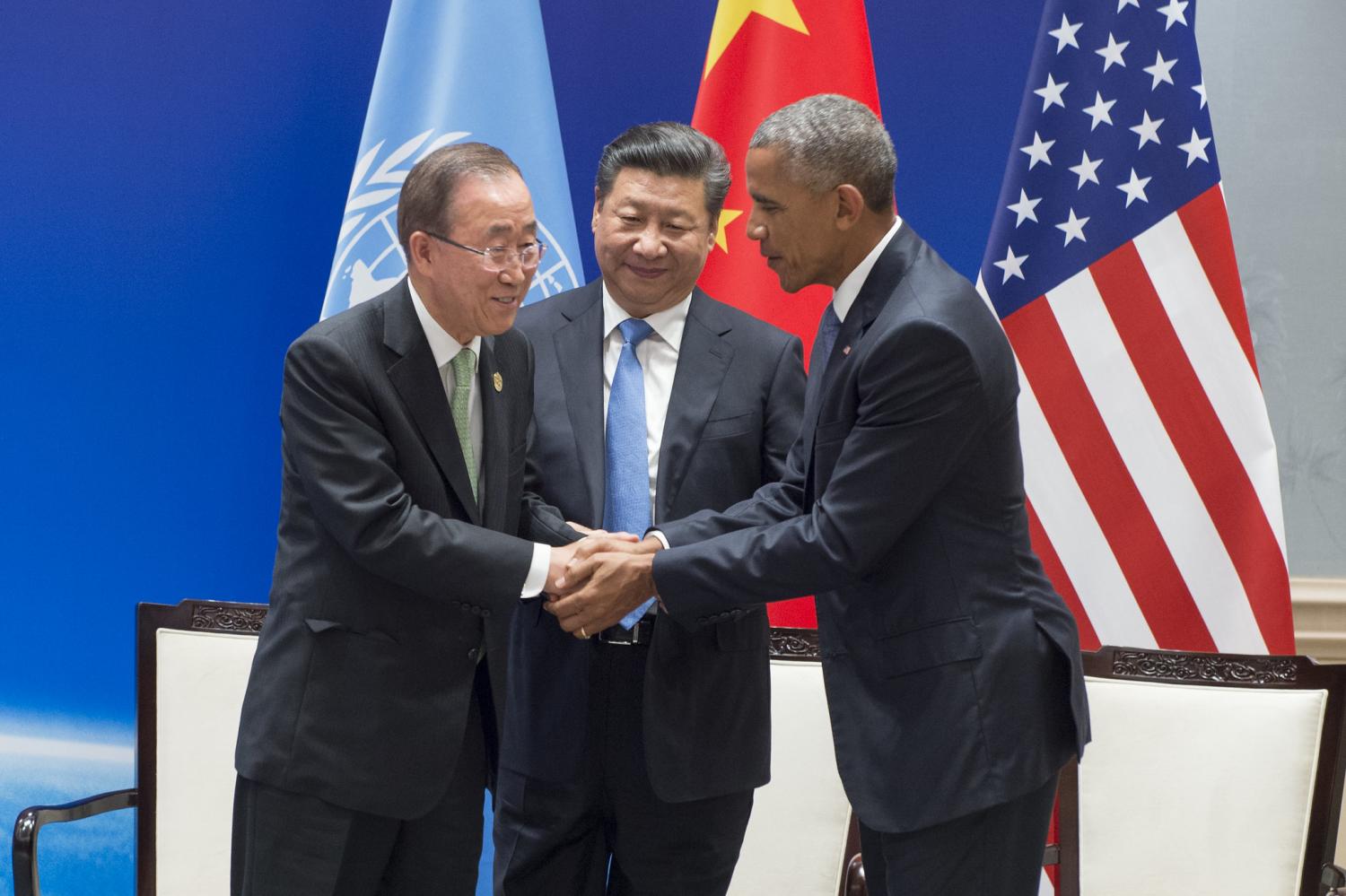
The United States federal government, under President Trump, has officially begun the one-year process to have the United States fulfill his promise to leave the Paris Agreement. This was predestined by his earlier announcement back in June 2017 that the U.S. would do so. The process would end literally one day after the next U.S. presidential election. If Trump is reelected, then the withdrawal would be a certainty. Virtually all of the candidates vying to be the Democratic nominee, including front-runners (at this time) Elizabeth Warren, Joe Biden and Bernie Sanders, have made the commitment to reverse this policy.
Leaving the agreement would be a mistake, I have argued, because the reasons for leaving are not only specious, but walking away from discussions is never a strategy for gaining better terms.
When the Paris agreement was signed, it was a watershed moment, not for the climate, but for human history. With virtually every nation signing on, as I wrote then: “Perhaps even more important than the climate agreement, COP21 has demonstrated our ability to come together as a species to determine priorities and address the critical issues facing us as a species.”
The meeting also introduced the 17 UN Sustainable Development Goals (SDGs) recognizing the inter-relationship between many of the issues, including climate change that face our species (if you need a refresher on what each of the 17 SDGs is about, click here).
What occurred in Paris at the COP21 was a watershed meeting because it demonstrated our ability to agree on the big important issues and come together to set universal goals. We can and should take notice of the importance not just for the global climate, but for all the issues, including those impacted by climate change and the need to address it (such as health, well-being, sustainable economic development, equality, justice, and fighting corruption).
That may be the biggest benefit from COP21 - reminding and reassuring us of the unmatched power of people when we come together and really address the issues.
I hope the U.S. rejoins the right side of history – for the benefit of our country – and all nations. Otherwise, it will remain a bittersweet memory (as alluded to in the title). Doing otherwise may make some people feel “good” but it certainly does nothing that could remotely be considered “great.”
Image credit: United Nations/Flickr

John Friedman is an award-winning communications professional and recognized sustainability expert with more than 20 years of experience as both an external and internal sustainability leader, helping companies live their values and engage in authentic conversations by integrating their environmental, social, and economic aspirations into their cultures and business practices. He's the author of Managing Sustainability: First Steps to First Class.
John Friedman is Managing Director, ESG & Sustainability Services for Grant Thornton, LLP.
On digital media, Friedman is recognized as a thought leader; on TriplePundit’s List of the Top 30 Sustainability Bloggers on Twitter, #3 on GreenBiz list of most influential 'Twitterati', #14 on Guardian Business’ 30 most influential sustainability voices in America, was voted #4 of the "100 leading voices in CSR" by Global CEO Magazine readers, and has regularly been included among the top voices in CSR by Forbes.














